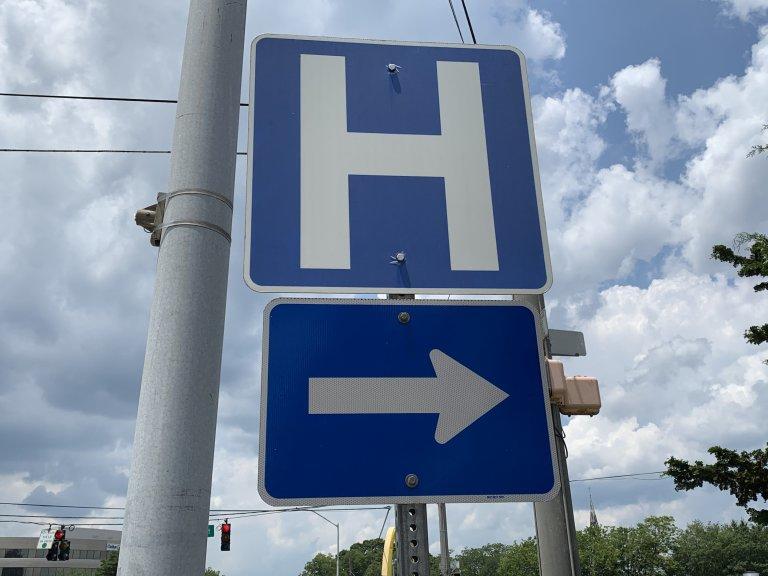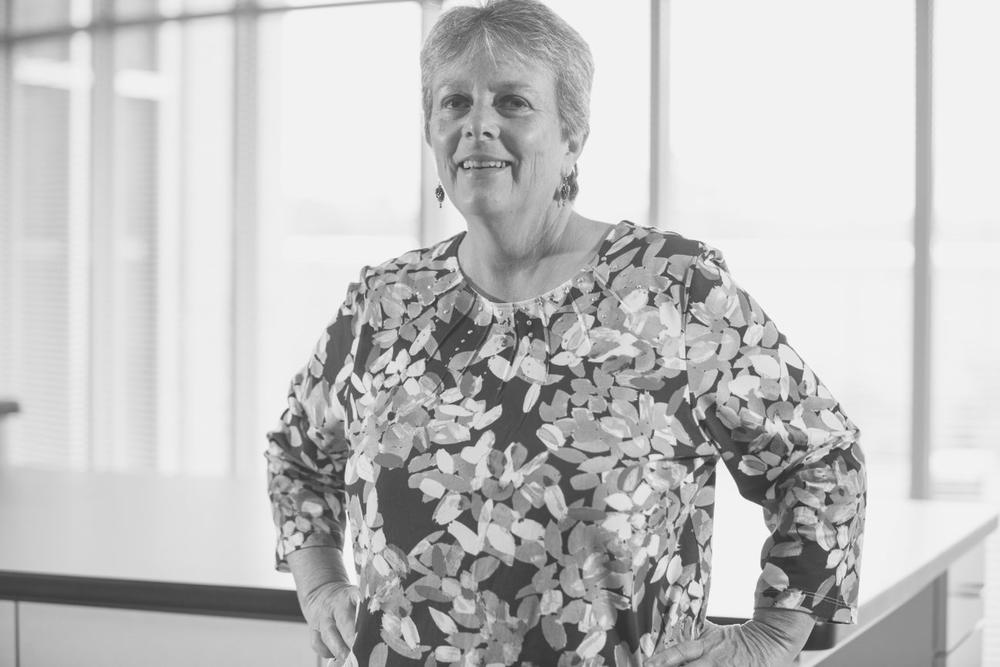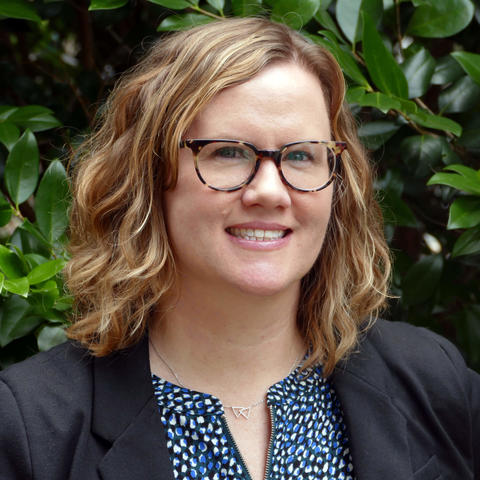
Caption
State lawmakers set aside an extra $12 million during a tight budget year to help struggling rural hospitals, but that's not enough to offset financial strains stemming from the COVID-19 pandemic. / Georgia Recorder
Credit: Jill Nolin




